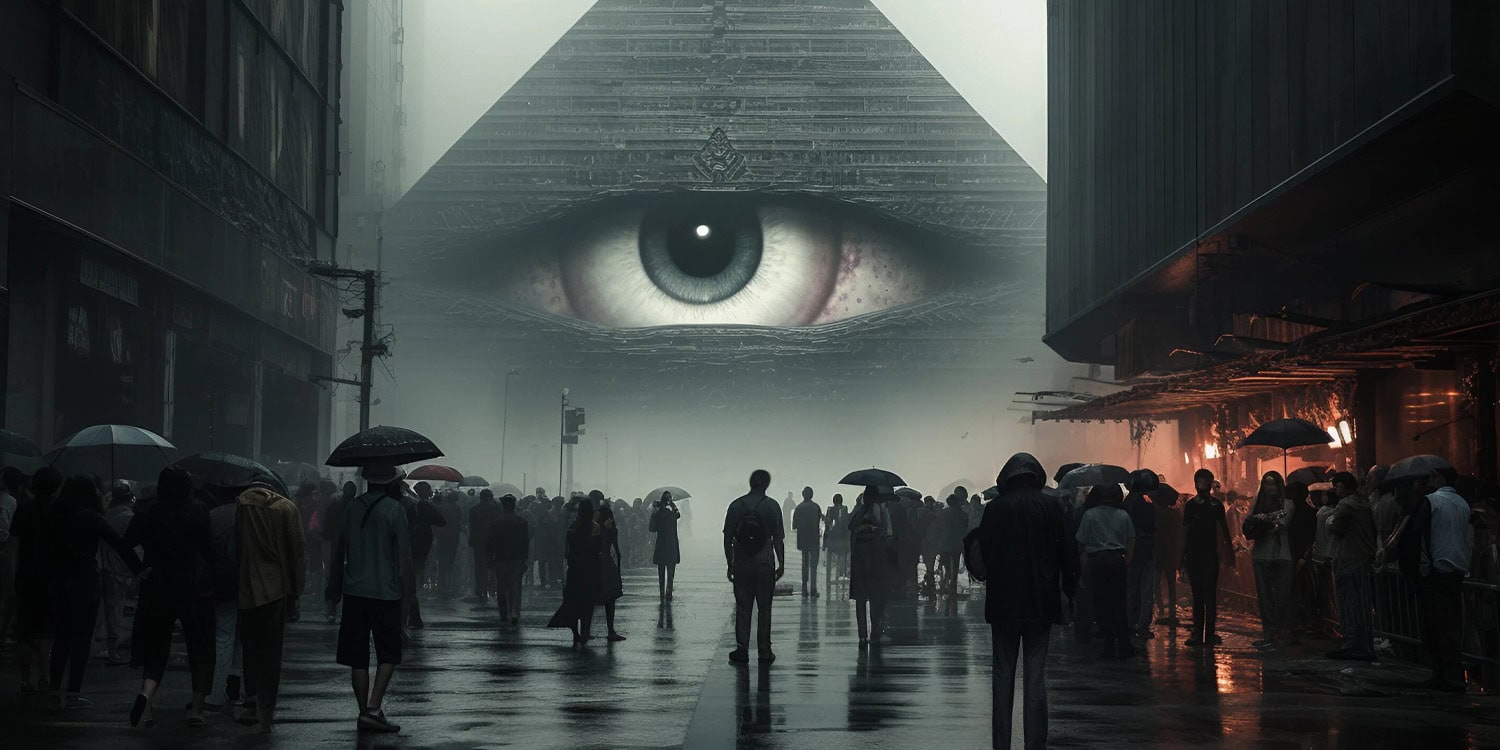In their analysis, the researchers found no significant differences in conspiracy mentality between the autistic group and the general population. Both groups scored similarly, indicating that being autistic does not inherently affect one’s general susceptibility to conspiracy beliefs.
This finding suggests that conspiracy mentality is not linked with autism, contradicting two potential hypotheses the researchers explored: one that autism might increase susceptibility to conspiracy beliefs due to common experiences of social exclusion, and another that autism might offer a type of protection against these beliefs due to cognitive characteristics associated with autism, such as analytical thinking.
Link to the study:
https://www.tandfonline.com/doi/full/10.1080/13546805.2024.2399505#abstract
I’m offended on behalf of autistic people that anyone considered this. Conspiracy nutters are largely disaffected and searching for an explanation for why they’re unhappy that frees them from responsibility.
Not that surprising. Conspiracy theorists, imo, have a few key features
-
no matter how smart or stupid they might be, they always think they’re far smarter than they actually are
-
thinks everyone else is an idiot
-
easy to wind up
-
will take a position, no matter how little info about it they have access to, and will never, ever back down from it no matter how ridiculous where they ended up may be
-
finds real life too boring
None of those are ASD
Isolated (mis)information streams and the need to identify with an ingroup are the two biggest features to me.
-
I think lead-poisoning mostly. Given that most conspiracy theorists are the older generation.
Brain damage in general is my hypothesis. Repeated head trauma, toxic substances like drug abuse and heavy metals in general. Anything that damages brain tissue eventually disrupts the ability for rational thought in the mild end to disconnection with reality altogether in the most extreme cases of psychosis.
At first I enjoyed the irony in this comment – thinking the lead-poisoning myth is my type of conspiracy – but it turns out, in a spectacularly non-conspiratorial way, researchers have shown correlation between lead exposure as a child and maladaptive personalities as an adult.
Lead poisoning isn’t a myth. That’s why its use was discontinued in fuels long ago. It’s actually quite a well researched topic in the history of America.
Yeah I guess I should rephrase that – I knew lead poisoning wasn’t a myth, but I wasn’t sure about the theory that lead-exposure is the reason for the apparent rise in anti-intellectualism/conspiratorial thinking in older generations
Ah okay, apologies - I wasn’t trying to be combative; just factual.
nah you’re good you’re good, no need to apologize
this has been my theory. Gun ranges, especially indoor ones are linked with extreme levels of lead vapor. Throw in a bit of narcissism and a lack of education and you have a recipe for a mental gymnast. Although I think QAA podcast has noted that like extreme surgery recovery drug cocktails/routine breaking seem to also be turning points in many people’s journeys where they start to seek out conspiracies
I’m not autist, but I was diagnosed with some degree of Borderline and Schizotypal personality disorders. I used to believe in many conspiracy theories. I gave up on the majority of them since 2023, when I left Christianity and became Luciferian (not exactly “Luciferian” but it’s the closest label to my “religion” nowadays, which is no specific religion).
From my experience since the Orkut times among conspiracy theorists, I’d point out many factors that would lead people to “conspiracy theories”:
- Mistrust of governments, corporations and institutions: public trust can be severely damaged when leaders and brands make mistakes, some people will overreact on those mistakes, leading to conspiracy theories.
- Lack of sufficient transparency and freedom of information among researches and public policies: paywalling/university-walling scientific papers (ResearchGate was one of those platforms where I remember being paywalled), things that everyone should be able to read independently of socioeconomic status or educational formation, don’t help on the fight against misinformation and disinformation.
- Religion: while I’m myself “almost-religious”, generally the esoteric and occult religions don’t have the same behavior than Christianity where there’s a strong belief on “we are saints, everything else is Satan”, “it’s us versus demons”. I was once a Christian so I’m not saying that to attack Christianity, but because I experienced it myself.
- Human need for social belonging: it’s an intrinsic behavior of humans as a social species. We want to “belong”, we want to meet people that’d approve us. Since the hominin times, humans kind of need other humans for defending themselves against potential predators, then humans organized themselves in tribes. In a nutshell (oversimplifiedly speaking), tribes grew up, villages emerged, then towns, then cities, then countries… Globalization allowed the “grown tribes” to connect to each other, facing different lifestyles, different cultures, different beliefs. The internet allowed for real-time interaction with different cultures, yet our very deep instincts are from those fragile hominins having to decide whether to fight or flight when facing snakes and wolves and jaguars. So it’s a survival instinct, to be part of a social group, to belong, to survive. Conspiracy theorist groups are no different. In the end, everyone wants to belong, and people that don’t like/don’t trust the status quo are left with conspiracy theorist groups.
Maybe I’m wrong on my analysis, but I’m open for counterpoints.
its absolutely linked to narcissistic traits. Its not difficult to see.



